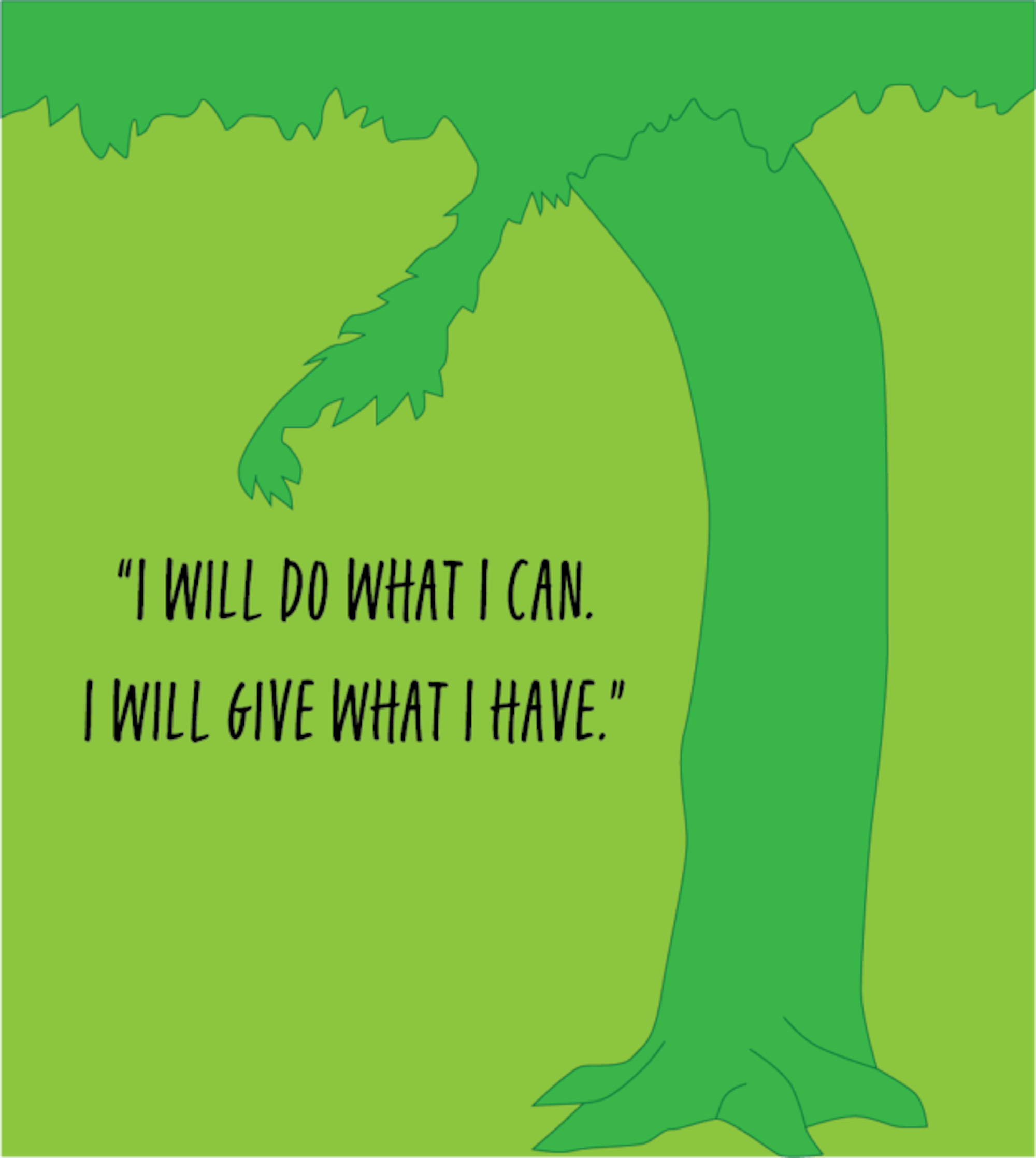
Nine hundred miles south of my dorm room in South Bend, my friends are sitting in the dark. New Orleans is laid low once again, this time to Hurricane Ida’s wrath, and almost the entire city is without power. We’ll see how much damage was done in the coming days.
New Orleans lost power, but I am powerless. I can turn my desk lamp on, but I can’t stop the wind from shattering my friends’ window panes, or the rain from seeping into their basements. I could write a column about Kabul, but I can’t save the lives of any Afghans who come off the planes in Qatar with stab wounds or bullet holes in their bodies. That’s my cousin’s job. He’s triaging the lines at Al Udeid, where he and three other doctors are taking care of 15,000 military personnel and 15,000 Afghans who fled the Taliban’s brutality.
There’s agony behind the headlines, desperation seeping through statistics, tragedy laced in every photo. Lebanon. Haiti. Some new development in the West Bank. Or Yemen. Or Venezuela. Take your pick.
Having the audacity to believe you can still make a difference when you can only guess at the struggles your neighbors have endured feels like arrogance. When I see the victims of failed societies, emaciated kids and withered old men with bodies contorted by age and disease, giving five bucks to some campus fundraiser doesn’t feel like doing the right thing. Of course, there’s nothing inherently wrong with impersonally throwing a few dollars to someone who might put it to good use. But if that’s all we’re doing, then we’re bringing a blade of grass to a gunfight.
I think of that image almost every morning, debating whether doing what I do is worth it: whether the research I conduct will truly improve someone’s quality of life, if my commitment to fostering productive political discourse is actually inspiring civic action, if my time is spent doing what matters most in my single earthly life.
And then I think of the photo of the Afghan woman I saw in yesterday’s news. How she had lost everything. How today she might lose her life. How her eyes reminded me of my sister’s.
I get up.
Whether it’s stubbornness or naivete (probably both), I get up. I accept that I can’t save that woman, and I get up anyway. I get up because there’s a chance that someone that day is going to need me. My dad always taught us to look for opportunities to help. He would make us read Shel Silverstein’s “The Giving Tree” whenever we had our blinders on, worrying only about ourselves and unable to see the people who needed help right beside us. I wasn’t raised to sit around and wait for someone else to step up. No excuses. You find someone who needs help, and you help them.
In Silverstein’s story, a boy becomes friends with a talking tree, as one does. The boy grows into a selfish man who exploits the tree for his own needs, but that’s not what stayed with me from the story. What stuck was that the tree gave what it could — apples for eating, branches to build a house, even its own trunk so the man could build a boat. It gave what it could. It gave what it had.
Tomorrow I will read the headlines. I’ll look at the photos, hear the sounds of chaos, smell the blood and sweat and anxiety, see the fear in the eyes of people I will never meet.
I will take all of these things, and tuck them away in my own heart, and hope for some way to find a way. A way to understand, and a way to respond. To be part of a force that stands between a person and their greatest fear: a force that says “If you want to get to them, you’ll have to get through me, because this person is my sister. These people are my family. Because we were all made in the damn image of Jesus Christ, and if one of us is suffering, all of us are. Because we are each other’s keepers, we are each other’s healers and our own goodness is determined by how we help those who will never be able to repay us.”
Until then, I will do what I can. I will give what I have.
Lucie Kneip is the current president of BridgeND and is studying political science and global affairs. She can be found petting various dogs on campus or reached at lkneip@nd.edu
BridgeND is a student-led discussion club that is committed to bridging polarization in politics and educating on how to engage in respectful and productive discourse. BridgeND welcomes students of all backgrounds, viewpoints and experiences who want to strengthen their knowledge of current issues or educate others on an issue that is important to them. The club meets weekly on Mondays at 7 pm in the McNeill Room of LaFortune. Want to learn more? Contact bridgend@nd.edu or @bridge_ND on Twitter and Instagram.Editor's Note: This piece originally stated only that BridgeND meets on Mondays. It has been updated to also reflect the time and location of meetings.












